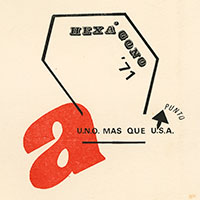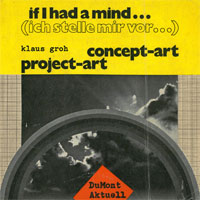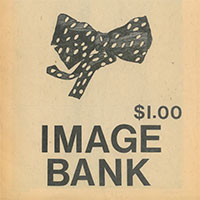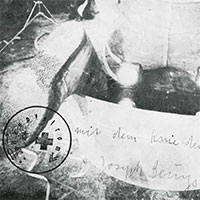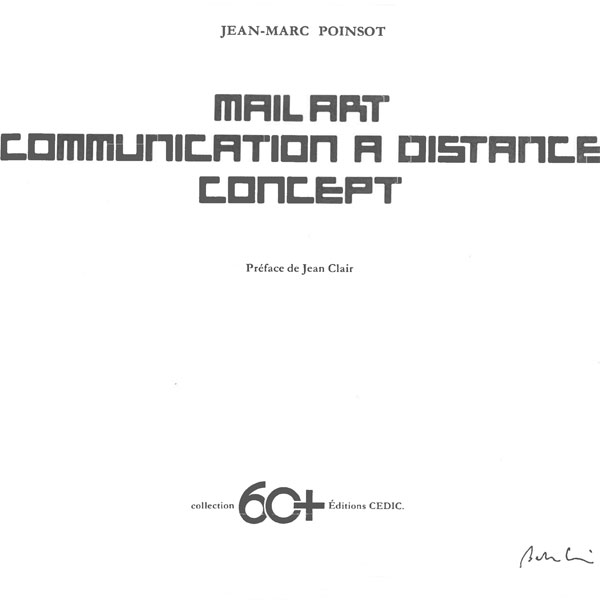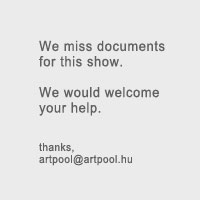Author(s)/Editor(s): Vigo, Edgardo Antonio
Publisher: La Plata, Argentina
Date: 1971-1975
Number of participants:
Document(s): Issues, Description
Source(s) of the listed documents: Artpool, Centro de Arte Experimental Vigo, People’s Graphic Design Archive
Available for research at Artpool: Issues: a, ab, ac, bc, bd, be, cd, ce, cf, de, df, dg, e
Bibliography: Bugnone, Ana: LA REVISTA HEXÁGONO '71 (1971 - 1975), Universidad Nacional de La Plata - Centro de Arte Experimental Vigo, La Plata, Argentina, 2014
Comment: We’d like to kindly thank the German Mail Artist Peter Küstermann for his generous donations which included all the issues of the magazine we have.
See the documentation of our research-based display: PRINT NETWORKS. Edgardo Antonio Vigo and Artists’ Periodicals, Budapest, Artpool, 2025 (Curated by Marie Boivent)
“Hexágono ’71 Magazine was a loose-leaf periodical distributed as an envelope containing visual poems, essays, drawings, stories, woodcuts, tickets, telegrams, rubbert stamped works, photocopies, and works “to be created,” alongside calls for works by both international and local authors. Argentinian artist Edgardo Antonio Vigo served as the "editor in-responsible" or “non-responsible editor”, promoting the project as a fluid periodical, with the issues taking shape "as the works come in".[…]
Hexágono ’71 provided no editorial commentary, page numbers, or editorial credits, and the issues were systematized by a lettering system rather than numbered: a, ab*, ac, b*c, b*d, b*e, cd, ce, cf, de, df, dg and e.
Began in 1971, during the dictatorship of Juan Carlos Onganía, the contributions to the magazine often responded to the violence of the military regime. Alongside the South American avant-garde, the periodical featured works by artists from the United States, France, Italy and the UK (Germano Celant, Dick Higgins, Genesis P.Orridge, etc.).”
Source: Dave Dyment: Artists’ Books and Multiples blog
Author(s)/Editor(s): Groh, Klaus
Publisher: Verlag DuMont Aktuell Schauberg, Köln, Germany
Date: 1971
Number of participants: 65
Document(s): Monography
Source(s) of the listed documents: Artpool, E-Artexte
Available for research at Artpool: Monography
Organizer(s): Image Bank (Michael Morris – Vincent Trasov) – Alvin Balkind
Location: Fine Arts Gallery, University of British Columbia, Canada – The National Gallery, Ottawa, Canada; Western Front, Vancouver, Canada
Date: 1971–1977
Number of participants:
Document(s): Manuscript, Article (& works), Catalog, Catalog ad, List of Participants, Correspondence, Photo
Source(s) of the listed documents: Belkin, Concordia.ca, Held [Crane], Invaluable, LeftMatrix, Morris
Available for research at Artpool: Catalog ad, Manuscript
Bibliography: Morris, Michael: A Brief History of Image Bank, manuscript
Banana, Anna: Mail Art: Canada & Western U.S.A, Mail Art Then and Now, The Flue, Vol. 4, No. 3–4 (special issue), 1984 Winter, pp. 25–28.
Organizer(s): Dimitrijević, Braco – Nena Dimitrijevic
Location: Gallery SKC, Belgrade, Yugoslavia
Date: 15–20, 22–27, 29 September–3 October, 1971
Number of participants: 19
Document(s): Article, Catalog, Exhibition description
Source(s) of the listed documents: Artpool, MOMA, Tranzit.org
Available for research at Artpool: Catalog
Bibliography: Vesić, Jelena: At Another Moment – The First International exhibition of Conceptual Art in SKC – Belgrade, in tranzit.org
"In Another Moment, an exhibition at Gallery SKC in Belgrade in September 1971, replicated At the Moment, an exhibition in Zagreb a few months earlier. This catalogue, for the later exhibition, documents the first." moma.org
Organizer(s): Poinsot, Jean-Marc
Location: 7th Paris Biennial, Paris, France
Date: 1971
Number of participants:
Document(s): Catalog
Source(s) of the listed documents: Artpool, Biennale de Paris, Held [Crane]
Available for research at Artpool: Article, Catalog
Bibliography: Friedman, Ken: The Early Days of Mail Art, in: Welch, Chuck (ed.): Eternal Network. A Mail Art Anthology, University of Calgary Press, Calgary, 1995, pp. 3-16., academia.edu
"At the start of the 1970s, a number of exhibitions blossomed simultaneously that were to transform correspondence art and mail art from private activity to public access. The first projects were the major mail art shows organized by Marcia Tucker at the Whitney Museum, to which Ray Johnson’s personal friends and New York Correspondence School colleagues were invited, and the 1971 Biennal of Paris, curated by French art historian and critic Jean-Marc Poinsot, involving the several dozen figures who were at that time seen as the leading artists in the field." Friedman: op. cit.
Organizer(s): Kozłowski, Jarosław – Andrzej Kostołowski
Location: Gallery Akumulatory 2, Poznań, Poland
Date: 1971–
Number of participants:
Document(s): Interview (video), Manifesto
Source(s) of the listed documents: Artpool, Post-MOMA
Available for research at Artpool: Manifesto (reprint by Perneczky, Géza)
Bibliography: Moskalewicz, Magdalena: Shared Language: Interview with Jarosław Kozłowski, in: post.at.moma.org
Rypson, Piotr: Mail Art in Poland, in: Osteuropa Mail Art Im Internationalen Netzwerk, Staatliches Museum Schwerin, 1996, p. 87. [Rypson publishes an other version of the NET manifesto.]
"When in 1971 Jarosław Kozłowski sent a manifesto of NET to over 350 addresses of artists and critics around the world, his intention was to create an open network for the communication of art ideas. Authored by him with Andrzej Kostołowski, the manifesto called for the exchange of “concepts, propositions, projects and other forms of articulation” without any central governance or coordination—a strictly anti-institutional, and a highly radical idea at the time, in the thoroughly controlled society of the People’s Republic of Poland. In fact, after initially producing a few addenda to the first mailing list and sending it to an even wider circle, Kozłowski stopped being able to control the network altogether.” Moskalewicz: op. cit.
Author(s)/Editor(s): Friedman, Ken
Publisher: Ken Friedman, New York, USA
Date: 1971
Number of participants:
Document(s): Issues
Source(s) of the listed documents: Artpool, Cabinet du livre d'artiste
Available for research at Artpool:
Bibliography: Held, John, Jr.: Before Punk and Zines: Bay Area Dada, in: Stendhalgallery.com, 2010
“Spoofing both Ray Johnsons’ New York Correspondance (sic) School and the public school distributed Weekly Reader, Fluxus artist Ken Friedman began publishing a two-sheet newsletter in 1971, resulting in an address list fueling much of the avant-garde international activity in the early seventies.
Mancusi, writing with hindsight on the history of The NYCS Weekly Breeder in 1981, stated that, “In 1972 Ken Friedman asked Stu Horn to edit the Breeder. The Breeder at this point was making use more and more of collage. Later that year, before Stu left for Europe, he asked me to edit The Weekly Breeder, which I did (along with Bill Gaglione) until Fall 1974, when The Very Last Weekly Breeder was published. It was during this period that The Weekly Breeder served as a model for the numerous other ‘dadazines’ that soon blossomed around the country. In looking over these pages one should keep in mind that they predate today’s ‘punk’ graphics by almost 10 years.” Held, John, Jr.: Before Punk and Zines: Bay Area Dada, in: Stendhalgallery.com, 2010

